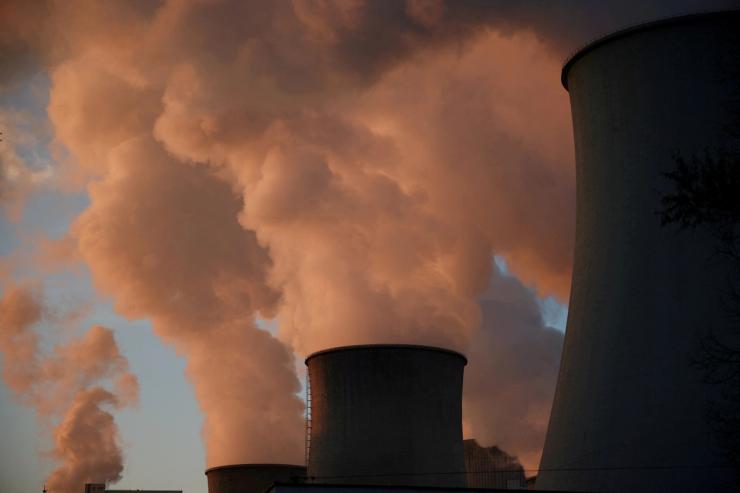The News
For the first time, the average global temperature was more than 1.5 degrees Celsius (2.7 degrees Fahrenheit) above the pre-industrial average for a full 12 months, the European Union’s climate body said Thursday.
The 1.5 C threshold is widely viewed as the maximum average temperature that Earth can warm before the risks of climate change become more severe, and the 2015 Paris Agreement set a target to keep warming below that. While this doesn’t mean the target has been surpassed, since the global temperature is measured over decades and not by individual years, scientists say it highlights the urgency of curbing emissions.
Last year marked the planet’s hottest year on record with countries around the world battling record droughts, floods, and heatwaves.
SIGNALS
Humans have likely never experienced a hotter year than 2023
Last year was the hottest year in global records. September 2023 alone was hotter than any other month measured by the U.S. National Oceanic and Atmospheric Administration in nearly two centuries, the organization said. Passing 1.5 C for one year does not breach the Paris Agreement, a 2015 decision that saw the governments of nearly every country agree that warming should remain below that figure to mitigate the impact of climate change. Climate scientists tend to track averages in 20 to 30 year cycles to avoid anomalies — and most experts believe that we will pass 1.5 C consistently in the early 2030s, though some estimates place that as soon as 2027.
Hitting irreversible tipping points is more likely beyond 1.5 C
Sustained warming above 1.5 C will have a catastrophic impact. Floods, fires, and famines will intensify, crops are likely to fail, and millions of people around the world will suffer under heatwaves, an op-ed in Scientific American noted in November. Hitting a tipping point — a likely irreversible change in the environment due to climate change — becomes more likely after 1.5 C of warming. “No one knows exactly where those tipping points are, and that’s why we need to proceed with caution. We have nothing to gain and everything to lose by finding out,” Amy Martin, executive producer of climate-change podcast Threshold, wrote for the magazine.
Unlikely that humans can keep warming below threshold
In a best-case scenario, there is only a 14% chance that humans are able to keep warming below 1.5 C, the United Nations has predicted. That would only be achievable in an optimistic scenario where every country on Earth cuts emissions and meets its climate targets. “The stark reality is that the projected emissions from coal, oil and gas extraction are on track to exceed the carbon budget needed to limit warming to 1.5C by over 3.5 times,” Harjeet Singh, head of global political strategy at Climate Action Network, told Bloomberg.



